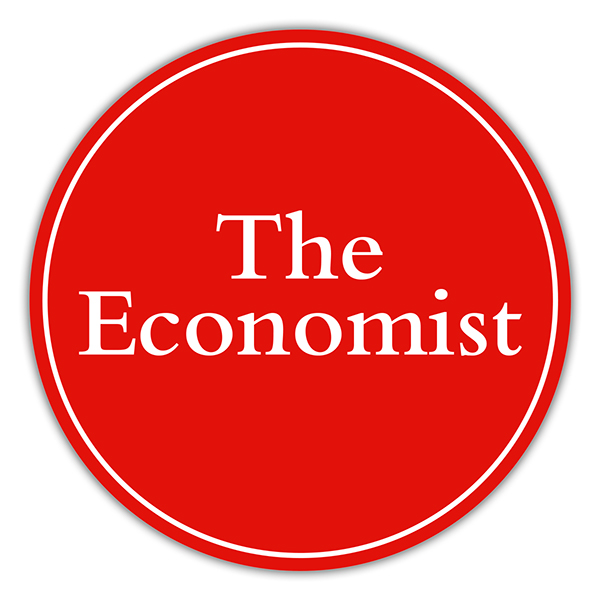
Watching the emergence of China, the West is feeling bitter. Last Saturday, The Economist published a cover story entitled "Sharp power - The new shape of Chinese influence," accusing China of manipulating debate in Western democracies.
The article seems to send an alarm bell to Western people. It is hard for them to digest the rapid growth of China and its mushrooming influence. Yet decades of constant hype over the "China threat" has done the Middle Kingdom no harm at all. It has only grown stronger. The West will have to learn how to get along with China, which is not following the former's development footsteps.
Unlike hard power, soft power or smart power, sharp power works by pressure and "helps authoritarian regimes coerce and manipulate opinion abroad," according to the Economist.
Starting from the recent complaint from Australia that Beijing is meddling in its politics and universities, the article listed two sins of China. It asserted that China is utilizing Confucius Institutes to "convince students in the West that China's authoritarianism is admirable," and social media to fan the flames of patriotism over incidents such as when an Australian professor referred to Taiwan as an independent country. It believes that such strong responses from Chinese people online are dissuading others from voicing criticism.
The examples the Economist listed, however, are unconvincing. They do show that China's culture and politics has influenced the world more extensively and deeply. This is a normal response to a nation's development. Moreover, Chinese people are entitled to voice their own political views. Adapting to it is an essential prerequisite for Western nations to interact with China.
China's emergence has triggered an intense reaction from the West. The hardest part for Western countries is to accept that no country in the world that is so different from their ideology, political system and culture can rise so fast to become the world's second largest economy.
China should understand such uneasiness and be prepared for the sentiment to be chronic. Continuing to tell the world that China is keeping a low profile seems a bit hypocritical today. It will take a long time for the West to adjust to China's success.
Nevertheless, China is shouldering its responsibility while growing stronger by providing an increasing number of global public good, such as the Belt and Road initiative. It is hoped that greater consensus will be reached through these efforts.


